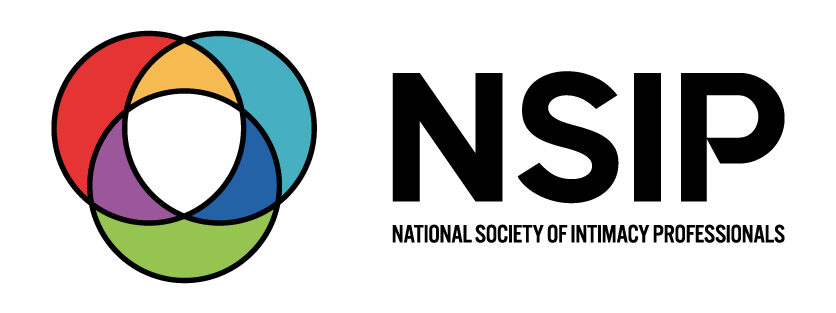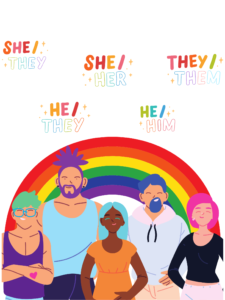
What are pronouns?
A pronoun is a word used instead of a noun or a noun phrase in place of a person’s name. The most common pronouns used are “she, her, hers,” “he, him, his,” and “they, them, theirs.” In recent years many individuals have created and are beginning to use other pronouns as well (i.e. “ze, zim, zir” and “ve, ver, vis”).
Why does NSIP include pronouns in our emails and bios?
As a collective, the workspaces that NSIP creates and supports are enthusiastically and respectfully inclusive of people of diverse experiences and identities. We encourage those we work with to do the same. By nature of the work we do with intimacy, we mindfully engage with performance artists’ personal experiences and identities, including gender expression and identity advocacy.
We recognize and honour all genders. We strive to elevate those who are gender non-conforming, Two-Spirit, transgender or non-binary and support bringing visibility to their stories and voices.
Why are pronouns important?
Identity and gender expression are very personal, and in recent times, we’ve understood that there are more than two genders. It is very common to assume someone’s gender based on what they look like or the perceived masculinity/femininity of a person’s name. However, this is problematic as many individuals use pronouns that are not he/him or she/her, which erases the identities and experiences of those folks who identify outside of the confines of the gender binary. We encourage bravely challenging our biases or assumptions about a person is based on what they look like or who we perceive them to be.
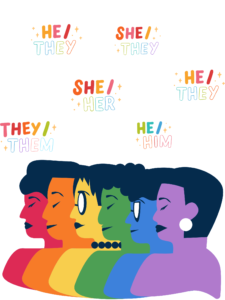
Do I have to say what my pronouns are? Can’t I just avoid pronouns entirely?
Stating one’s pronouns is a personal thing and not something everyone is comfortable with or sure of, and depending on the context, it could be unsafe or uncomfortable to do so. You can ask people to call you by your name, and if they’re not sure, they refer to you as “they, them, theirs,” as it is a singular gender-neutral pronoun that many people already use when unsure of a person’s gender identity.
What if I feel more than one pronoun is right for me?
You can use as many different pronouns as you would like! Gender expression and identity is a fluid and flexible thing that is dependent on the individual, and it’s about what feels right to you.
I’ve never heard of telling people what my pronouns are. Isn’t it obvious?
For many people, that may be the case; however, many people reclaim gender non-conforming identities that can be different from their gender expression. Therefore, your perception of someone’s gender expression (which can include many markers such as clothing, makeup, voice, stance, name, mannerisms, etc.) doesn’t necessarily directly indicate their identity and what pronouns they use.
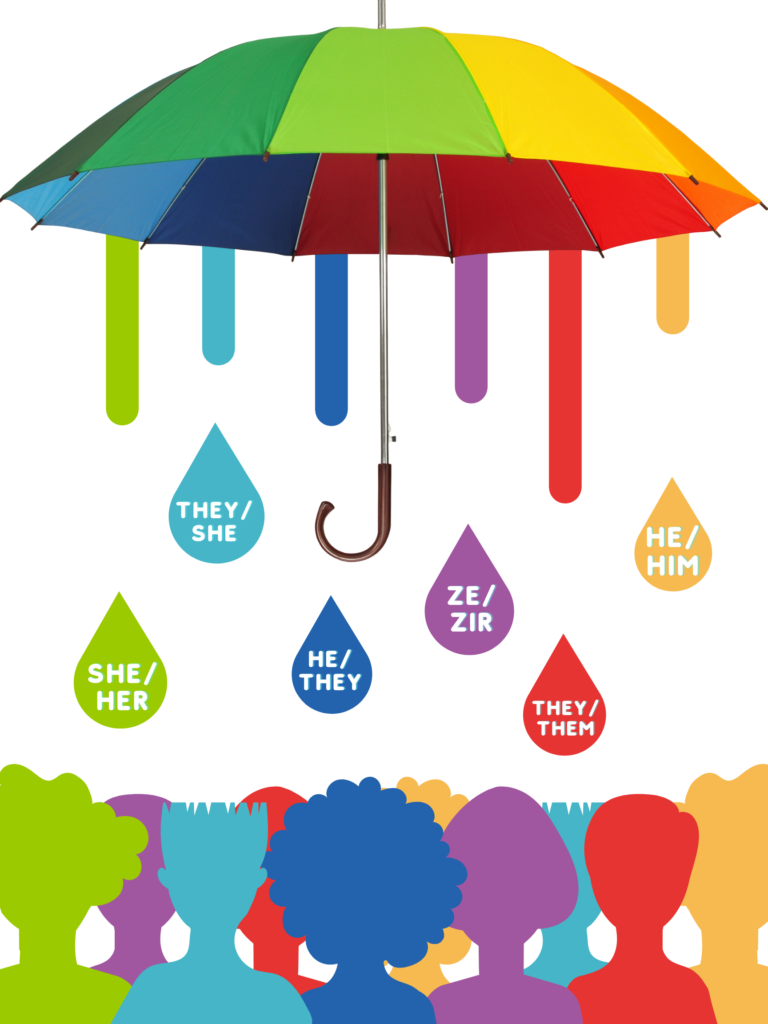
Is it outing someone to ask their pronouns?
Context and environment are essential when asking about someone’s pronouns. So is being mindful to ask in a safe or private space, in a warm, matter-of-fact manner, what their pronouns are. It is essential to correctly use someone’s pronouns in the areas they feel comfortable with you using them. Using someone’s pronouns is the most respectful way to show your respect for their gender identity.
How do I ask people what their pronouns are? Actually, CAN I ask? I don’t want to be rude or make a mistake.
Introducing yourself with your pronouns is a great way to challenge the norm that these should be assumed while creating space for those that might identify as transgender, queer, and/or non-binary. For example, “Hello there, my name is Alex, and I use ‘they, them, their’ pronouns” or, “I’m Jordan, and my pronouns are ‘she/her, they/them,’ what is your name and pronouns?” Ask someone’s pronouns before assuming which pronoun they use. Do your best to do this consistently, not just with people who you believe are gender nonconforming.
What if someone corrects me when I’ve used the wrong pronouns?
We all make mistakes and deserve space for grace and learning. The best response if you’ve made a mistake is to say “Thank you” or to re-clarify by asking, “I’m sorry, I’ve forgotten your pronouns, could you remind me? Thank you”. However, continuing to use the wrong pronouns or name for an individual can feel dismissive or condescending to people who experience harm by being misgendered.
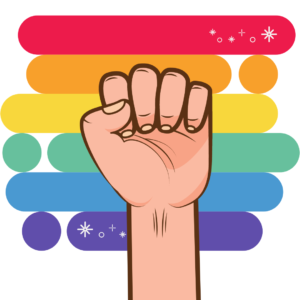
Additional Pronouns Resources:
Association Professionnelle Canadienne pour la Santé Transgenre
